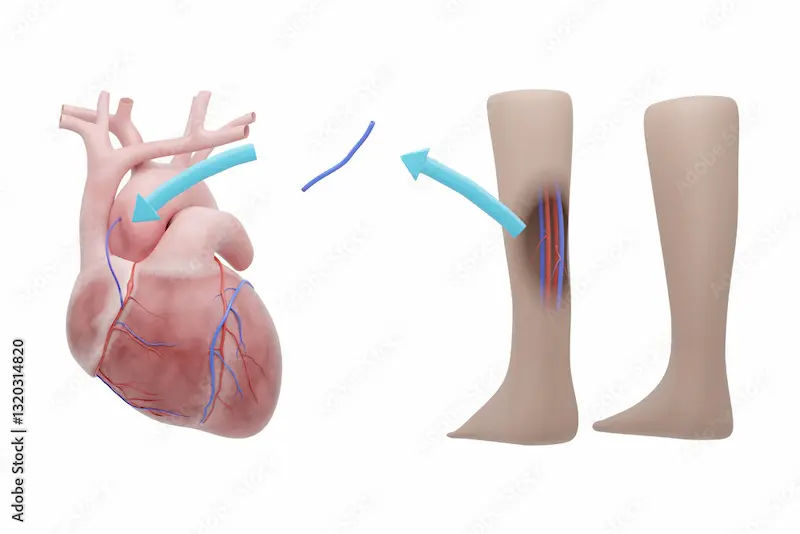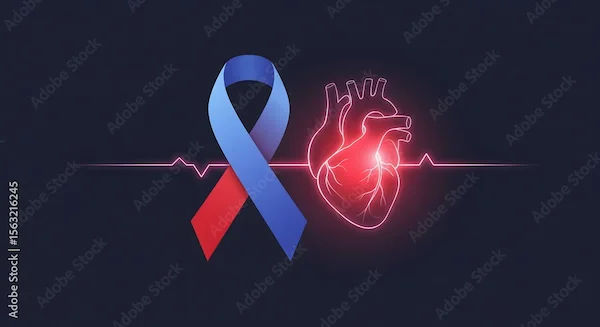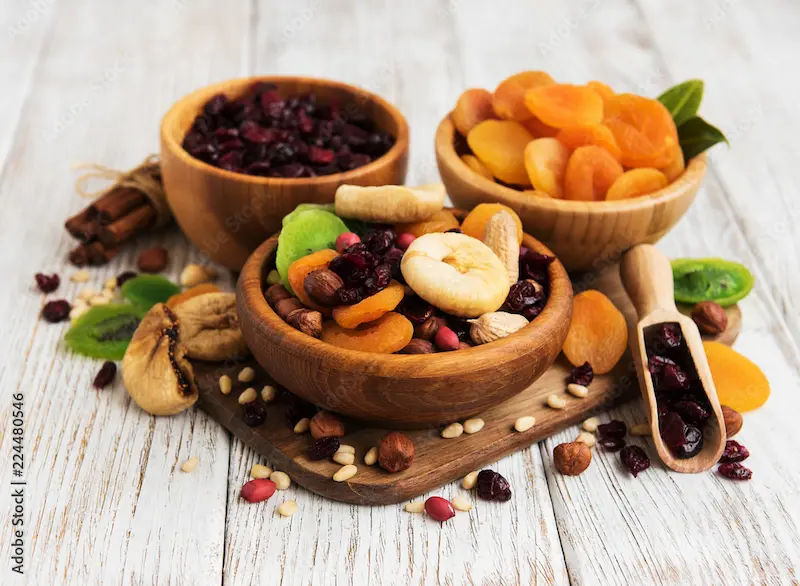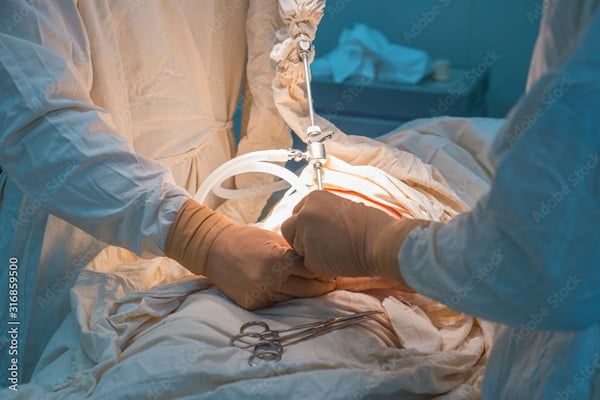How To Take Care Of A Patient After Bypass Surgery?
Learn how to properly care for a patient after bypass surgery, including wound care, diet, exercise, emotional support, and critical warning signs to monitor.

Written by Dr. J T Hema Pratima
Reviewed by Dr. Dhankecha Mayank Dineshbhai MBBS
Last updated on 13th Jan, 2026

Introduction
Undergoing bypass surgery is a major event in a person’s life, and proper post-surgery care is crucial for a smooth and successful recovery. Whether you are a caregiver or a patient yourself, knowing how to manage recovery can make a significant difference in healing and long-term health.
This guide will help you understand the essential steps to take care of a patient after bypass surgery, including wound care, diet, exercise, emotional support, and warning signs to watch for.
1. Immediate Post-Surgery Care (First Few Days After Surgery)
After bypass surgery, the patient will spend a few days in the hospital under medical supervision. Once discharged, they will need extra care at home.
Key Steps to Follow:
Monitor vital signs such as blood pressure, heart rate, and temperature as advised by the doctor
Keep the surgical incision clean and dry
Follow prescribed pain medications and avoid overexertion
Ensure the patient gets plenty of rest but also engages in gentle movement to prevent blood clots
2. Diet and Nutrition for Faster Recovery
A heart-healthy diet is critical after bypass surgery. The right food choices help in healing, reducing inflammation, and preventing future heart problems.
Foods to Include:
Fruits and vegetables (rich in fibre and antioxidants)
Lean proteins such as fish, skinless chicken, beans, and lentils
Whole grains like oats, brown rice, quinoa, and whole wheat bread
Healthy fats from nuts, seeds, olive oil, and avocados
Foods to Avoid:
High-sodium foods such as processed snacks and canned soups
Saturated and trans fats found in fried foods and fatty meats
Sugary foods and beverages, including sweets and sodas
Hydration:
Drink sufficient water unless restricted by the doctor
Avoid excessive caffeine and alcohol
Consult Top Cardiologists For More Information
3. Physical Activity and Rehabilitation
Recovery involves gradual movement to regain strength while avoiding strain.
Recommended Activities:
Short walks starting with 5–10 minutes daily
Breathing exercises to improve lung function
Participation in a cardiac rehabilitation program if advised
Activities to Avoid:
Heavy lifting (over 5–10 pounds) for the first 6–8 weeks
Strenuous exercise or high-intensity workouts unless cleared by a doctor
4. Emotional and Mental Support
Recovering from bypass surgery can be emotionally challenging. Patients may feel anxious, frustrated, or even depressed.
How to Help:
Encourage open communication and listening
Provide a positive environment and celebrate recovery milestones
Reduce household stressors and support mental well-being
If the patient experiences prolonged emotional difficulties, consider involving a counselor or therapist.
5. Medications and Follow-Up Appointments
Strictly following medication schedules is essential to prevent complications.
Common Medications:
Blood thinners to prevent clots
Cholesterol-lowering drugs
Blood pressure medications
Pain relievers as needed
Follow-Up Visits:
Attend all scheduled doctor appointments
Report unusual symptoms such as dizziness, chest pain, or swelling
6. Warning Signs to Watch For
Contact a doctor immediately if the patient shows signs of:
Chest pain or discomfort
Difficulty breathing
Fever or signs of infection (redness, discharge, swelling at the incision site)
Severe swelling in the legs
Irregular heartbeat or fainting
7. Long-Term Lifestyle Changes
Bypass surgery offers a second chance at better heart health. Maintaining a healthy lifestyle can reduce the risk of future heart problems.
Healthy Habits to Adopt:
Quit smoking completely
Exercise regularly with moderate activity
Manage stress using relaxation techniques
Maintain a healthy weight through diet and activity
Conclusion
Caring for someone after bypass surgery requires attention, consistency, and compassion. By supporting their diet, physical activity, medication routine, and emotional needs, you can help them recover faster and live a healthier life.
If you need expert guidance, Apollo 24|7 offers consultations with leading cardiologists to support every stage of post-surgery care.
Consult Top Cardiologists
Consult Top Cardiologists For More Information

Dr. Anand Ravi
General Physician
2 Years • MBBS
Bengaluru
PRESTIGE SHANTHINIKETAN - SOCIETY CLINIC, Bengaluru

Dr. Tripti Deb
Cardiologist
40 Years • MBBS, MD, DM, FACC, FESC
Hyderabad
Apollo Hospitals Jubilee Hills, Hyderabad

Dr. Sumanjita Bora
Cardiologist
9 Years • MBBS, PGDCC
Bengaluru
Apollo Clinic, Sarjapur Road, Bengaluru

Dr. Ramalinga Reddy
General Physician
5 Years • MBBS MD General medicine
Bengaluru
PRESTIGE SHANTHINIKETAN - SOCIETY CLINIC, Bengaluru

Dr. Zulkarnain
General Physician
2 Years • MBBS, PGDM, FFM
Bengaluru
PRESTIGE SHANTHINIKETAN - SOCIETY CLINIC, Bengaluru
Consult Top Cardiologists

Dr. Anand Ravi
General Physician
2 Years • MBBS
Bengaluru
PRESTIGE SHANTHINIKETAN - SOCIETY CLINIC, Bengaluru

Dr. Tripti Deb
Cardiologist
40 Years • MBBS, MD, DM, FACC, FESC
Hyderabad
Apollo Hospitals Jubilee Hills, Hyderabad

Dr. Sumanjita Bora
Cardiologist
9 Years • MBBS, PGDCC
Bengaluru
Apollo Clinic, Sarjapur Road, Bengaluru

Dr. Ramalinga Reddy
General Physician
5 Years • MBBS MD General medicine
Bengaluru
PRESTIGE SHANTHINIKETAN - SOCIETY CLINIC, Bengaluru

Dr. Zulkarnain
General Physician
2 Years • MBBS, PGDM, FFM
Bengaluru
PRESTIGE SHANTHINIKETAN - SOCIETY CLINIC, Bengaluru




